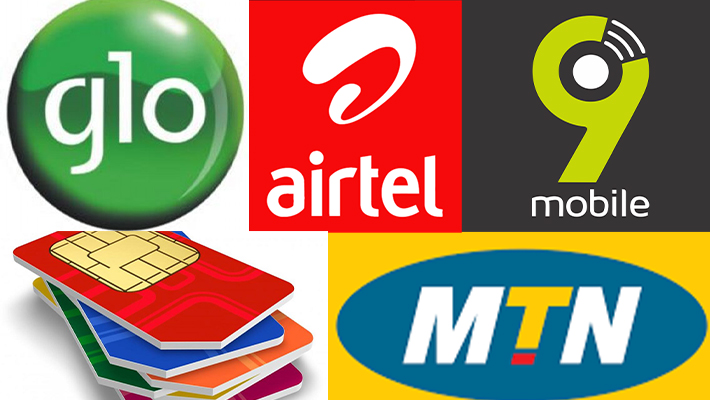Nigeria’s major telecom operators have announced a combined $1 billion investment into upgrading their network infrastructure, a move they say will not only improve service quality but also significantly enhance the country’s economic output and digital inclusion efforts. With over 160 million subscribers across the nation, the telecom giants believe the substantial capital injection will strengthen connectivity and stimulate broader economic growth.
This investment drive includes MTN Nigeria’s capital expenditure of N202.4 billion in the first quarter of 2025 alone—representing a 159 per cent increase from the same period in 2024. The spending is part of MTN’s “Ambition 2025” strategy aimed at expanding digital and financial access, particularly to underserved communities. The development also comes amid mounting inflationary pressure and currency volatility, which have pushed operational costs higher across Africa’s largest telecom market.
According to the Nigerian Communications Commission (NCC), operators have placed a bulk order worth $1 billion for new network equipment from Chinese manufacturers. Although the equipment is yet to be delivered or deployed, it marks a sharp rise from last year’s capital imports and signals an aggressive effort to close long-standing infrastructure gaps.
This latest round of investment follows the NCC’s recent approval of a 50 per cent hike in tariffs—the first such adjustment in over a decade—intended to cushion the impact of escalating operational expenses. The full economic effect of the tariff change is expected to become more apparent in the second quarter of 2025.
Speaking on the broader implications of the infrastructure upgrade, Obinna Adumike, Head of Converged Digital Infrastructure at Africa Open Access Data Centres, described the development as “a positive shift for the telecoms industry.” He noted that transitioning from legacy technologies like 2G to more advanced 4G and 5G services is critical, especially for bridging connectivity divides in rural communities. According to him, improved infrastructure is foundational to expanding digital access, which in turn drives economic productivity and local innovation.
Recent data from the National Bureau of Statistics shows that the telecom sector contributed 14.40 per cent to Nigeria’s Gross Domestic Product in the fourth quarter of 2024. Industry stakeholders and regulators are now targeting a 25 per cent contribution to GDP through a combination of infrastructure investments, regulatory reforms, and deeper digital penetration across urban and rural landscapes.
Telecom consultant and Executive Director at Adaba Consult, Ejikeme Onyeaso, also praised the investment, calling it a tangible reflection of the promises made by operators during the tariff adjustment process. “MTN’s commitment of over N200 billion in just one quarter is a clear demonstration that the sector is serious about improving quality of service. For users, this should translate to fewer dropped calls, faster data speeds, and more value for money,” he said.
Onyeaso further stressed the need for regulatory support and accountability, urging government agencies to create an enabling environment that would sustain long-term investment. He pointed out that telecoms infrastructure is not just about connectivity but also about economic development, job creation, and improving the overall quality of life.
However, some experts argue that laying more fibre cables and erecting towers will not solve all of the country’s connectivity challenges. Mohammed Ahmed, Director of Cybersecurity at the National Information Technology Development Agency (NITDA), noted that physical infrastructure in conflict-affected or hard-to-reach areas remains vulnerable to damage and sabotage. He advocated for greater integration of satellite technologies, which he said now offer improved coverage and are less susceptible to disruption.
“Satellite technology has evolved. It’s now a viable alternative for delivering reliable broadband, especially in areas where fibre deployment is too costly or unsafe,” Ahmed remarked.
The NCC, in its earlier communication supporting the tariff increment, emphasised that the nation’s digital future hinges on modernising telecom infrastructure. With surging demand for mobile data and digital services, the $1 billion network upgrade initiative is seen as a critical step toward expanding Nigeria’s digital economy and reinforcing the country’s position as a leading tech hub in Africa.
